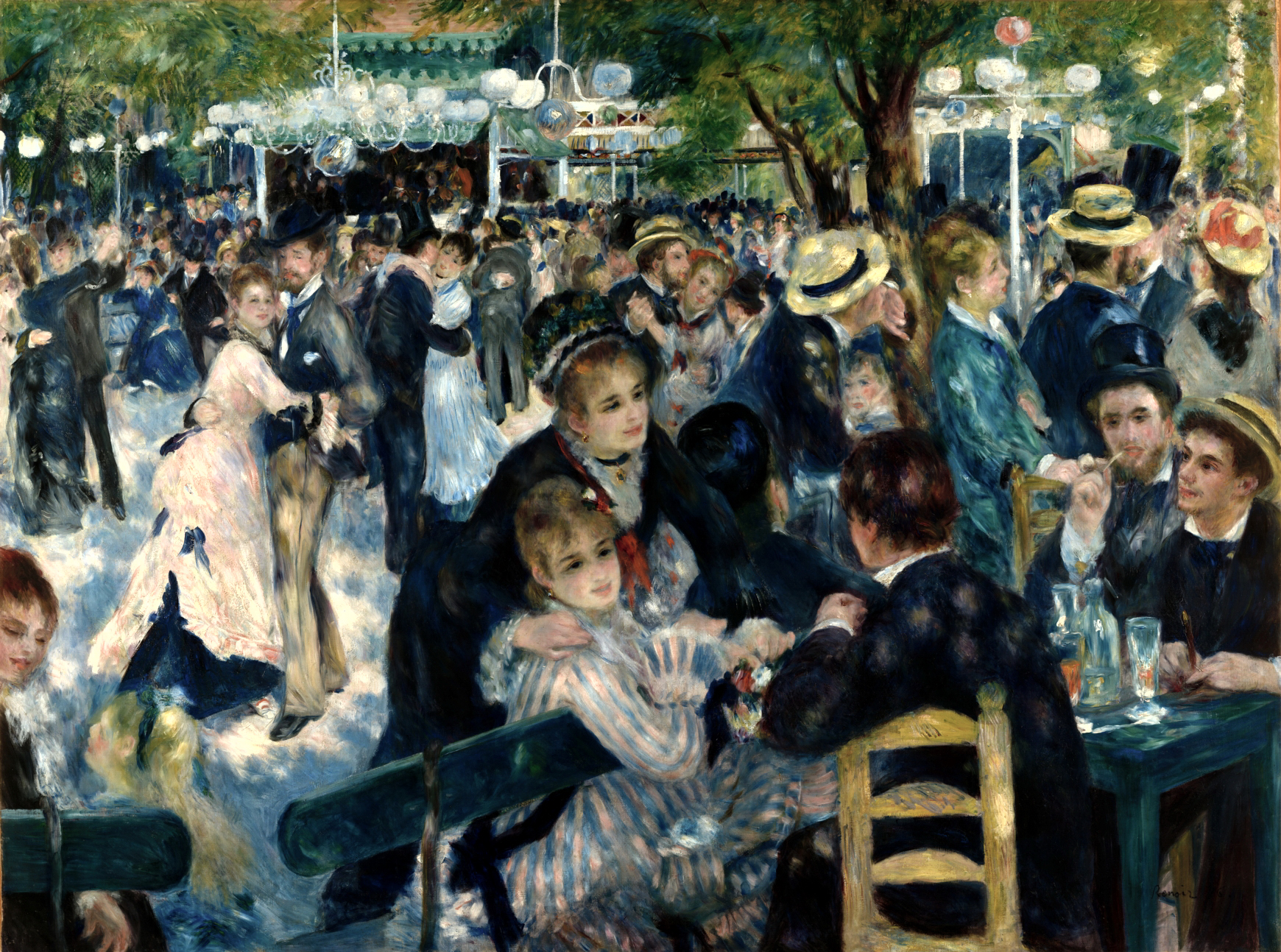
🎨 On curation, or fighting back in the age of the algorithm
TL; DR – Our digital spaces are run by algorithms: they dictate what we see. The fight back againt this begins with curation. That means bringing our human agency back, to define the digital worlds we inhabit.
Does anyone remember Twitter lists?
They’re an under-promoted, underappreciated feature where you hand pick your favourite Twitter handles and add them to a specific list. I had a list for people I worked with; one for friends; one for the Rwandan tech scene (back when I lived there); one for sports commentators.
I also have a public tech-ethics list. Over the years I added people who tweeted thoughtful things about technology, and how important it is to be mindful when we build and use it. Over time, they inspired me to write about those things myself.
Lists let you curate your world. And by subscribing to a List, you hope to subscribe to something curated for you. It is an act of self-expression: of defining a digital space with your humanity, for you and others to enjoy.
And this act – curation – is a vital last stand for our human agency in a world ruled by automated systems.
Lists still exist, but as a whole Twitter has moved the opposite way. They’ve replaced the default chronological view of accounts you’ve chosen to follow with an algorithmically generated mish-mash of tweets you might like. The wisdom of Twitter’s data takes precedent over your curation and your self-expression.
This tension within Twitter – between the curated List and the automated Feed – is the tension we face every time we enter a digital space. The last 10 years have seen the algorithm take centre stage. Sometimes, what they suggest is interesting, or useful, or fun. Other times, it’s not. What’s true all of the time is that you don’t know how, or why, you’re seeing (Instagram), or watching (Tiktok), or listening to (Spotify), or reading (Twitter) what you are.
You have no agency. That all rests with the algorithm, and who built it.
In the next 10 years, the curated will fight back. All of us will want to apply our human agency to shape the spaces we inhabit. And we’ll want to be part of spaces that are shaped by the agency of other humans.
At the heart of this fightback are communities: WhatsApp groups, Discord and Mastodon servers, subreddits, and so on. I’d wager most people reading this are in some type of digital community.
I’d also wager that you love being in them, because you love being in a space that’s curated. When you feel one or two degrees of connection away from everyone else. When there’s no bots. When you have a passion, or situation, that unites you and acts as the community’s boundary. When you can be authentic there, and so can everyone else. When content and moderation are thoughtful, and support is mutual.
In communities like this, you’re both curating and curated. It’s joyful; a true expression of human agency.
Curating spaces, and appreciating them, can take time. Algorithms brute force their way to your eyeballs. Curation demands craft, engagement, nuance, thoughtfulness, investment, and – ultimately – fulfilment.
I see more and more signals that we’re yearning for, and pushing towards these types of digital spaces. I see it in new social media organisations like Column and Geneva. I see it in how WhatsApp Groups, and collectives like Foster, All Tech is Human, and Double Pivot make me and so many others smile, while algorithmic content from a black box leaves us miserable, addicted or bored.
I see it in this newsletter and others like it. Readers asking big questions about tech have chosen to subscribe, and can opt out whenever they please. They get a piece of writing delivered to their inbox every so often, on that topic, by a human who’s grappling with those same questions.
Curation is freedom from the algorithm and the incentives of those who own and build them. It’s the freedom to be provoked, delighted, surprised and informed on your own terms, rather than by the attention grabbing, addictive, ad-driven content prioritised by the algorithm. It’s the freedom to grasp and define the spaces we’re in, and know they have our flourishing and wellbeing at heart.
In fact, it might be one of our most important freedoms of all.
🎬 Thanks to Simoun Redoblado, Diana Sumi, Lisa Dawson, DJ May, Felicity Brand and Michael Shafer for looking at drafts of this.
🤔 Got thoughts? Don’t keep them to yourself. Email me on asad@asadrahman.io. Let’s figure this out together.
If you enjoyed this, subscribe to get pieces just like it straight to your inbox. One email, towards the middle of each month (and nothing else).
Banner depicts ‘Bal du Moulin de la Galette’, an 1876 painting by French artist Pierre-Auguste Renoir. From Wikipedia.